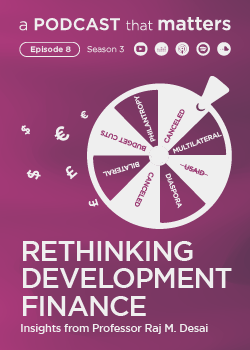Print

The Challenge of Digital Media to Democracy in Europe: an engaged approach: Technopolitics
Details
Locations:Spain
Start Date:Jul 1, 2020
End Date:Jun 30, 2022
Contract value: EUR 172,932
Sectors: Marketing & Media
Description
Programme(s): H2020-EU.1.3.2. - Nurturing excellence by means of cross-border and cross-sector mobility
Topic(s): MSCA-IF-2019 - Individual Fellowships
Call for proposal: H2020-MSCA-IF-2019
Funding Scheme: MSCA-IF-EF-ST - Standard EF
Grant agreement ID: 897796
Project description: Social media’s influence in policymaking
In our digital era, social media have emerged as key influential factors in policymaking. Social media can engage vast numbers of citizens. As a result, it is of great importance to assess the extent to which they can improve democracy in Europe. The EU-funded Technopolitics project proposes innovative research on the relationship between community engagement, political participation and digital social media in influencing policymaking. Based on the engaged theory and applying a cross-disciplinary method, the project will investigate the influence exercised by digital technologies on citizens and politics and develop a theoretical scheme that will include good practices for democratisation to condition policymaking processes. It will also transfer new knowledge of international impact to the European Research Council as well as the host institution, University of Seville.
Objective:
The proposal aims to advance an innovative research on the links among community engagement, political participation and digital social media to influence the policy-making processes that can benefit democracy in Europe. Establishing a multi-method based in the Engaged theory, underpinned by a cross-disciplinary approach which involves History, Sociology, Political Science, Communication, Culture and Media Studies and Digital Humanities, through the study of two in-depth cases, the project will achieve the proposed objectives: 1) To investigate the influence of digital media technologies in the citizen and political ecosystem; 2) To develop a theoretical framework including the Good Practices for democratization which can oriented the policy-making processes; 3) To transfer new knowledge of international impact to ERC and the host institution; 4) To reinforce my career gaining a stable position in the university after the two-year training through-research project, which is the main goal of my Personal Career Development Plan. The proposal presents a dissemination and communication plan and outreach activities of the theoretical framework, including the publication of two high impact scientific articles and a final monography, as outcomes of the project and an intense diffusion activity of the results (online/offline), aligned with the Pillar 6 of H2020 program on societal challenges.
